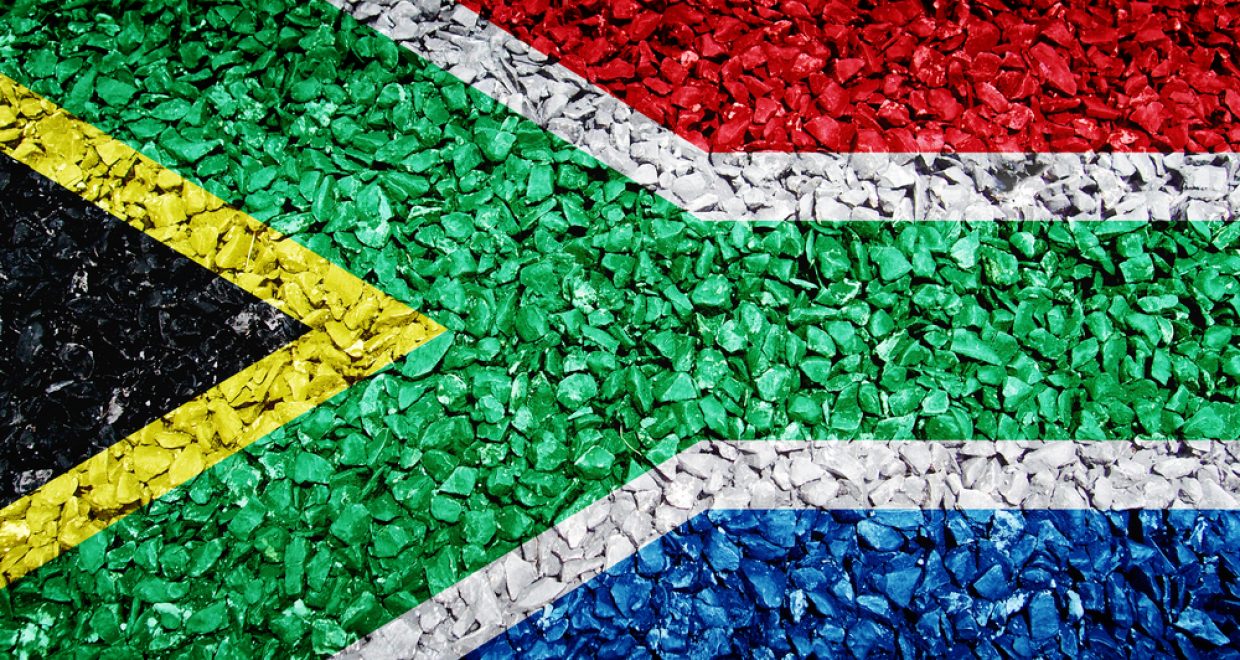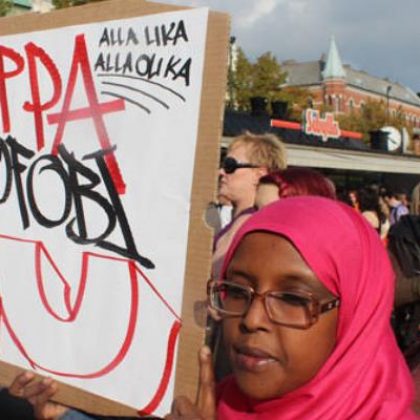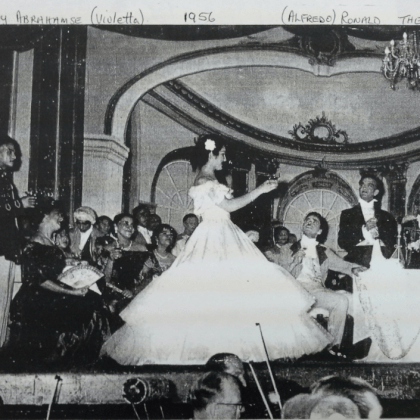Debate: The ANC in Exile
Several recent publications have explored the ANC’s external links during South Africa’s apartheid years. Four review texts published as a Debate in the February 2015 issue of Africa offer an insight into attempts to understand this aspect of the ANC’s struggle. The section starts with a review of Stephen Ellis’s recent book External Mission by Hugh Macmillan followed by a response from Stephen Ellis. A review of Hugh Macmillan’s new book The Lusaka Years by Arianna Lissoni follows, suggesting that negative views about the ANC in exile partly reflect contemporary disaffection with that party’s contemporary role while in government. Finally, Mariya Kurbak reviews Irina Filatova and Apollon Davidson’s The Hidden Thread: Russia and South Africa in the Soviet era.
The excerpts below offer a flavour of the Debate, with extracts from Hugh Macmillan’s review and Stephen Ellis’s response. You can access the full Debate published in the latest issue of Africa.
Hugh Macmillan writes:
Stephen Ellis’s book is a rewrite of an earlier book, Comrades Against Apartheid: the ANC and the South African Communist Party in exile, published in 1992. External Mission is a much better documented book than Comrades Against Apartheid, but it is, like its predecessor, a polemical work that appears to be driven, as reviewers of the earlier book noted, by a conspiracy theory of history and ‘an indecent obsession’ with the role of the SACP. His basic theses relate to the alleged dominance of the ANC by the SACP, which ‘bounced’ the former into armed struggle in 1961; assumed effective control of it through the opening of the organization to non-racial membership at the Morogoro Conference in 1969; founded and ran the security department using ‘Stalinist’ methods; and was at all times, up to and including the era of Gorbachev, glasnost and perestroika, subservient to the Moscow line. Readers, especially students, should be warned that these are not historical ‘facts’ but are tendentious claims, and that the evidence in the book has been carefully selected to back them up.
The new book is spiced up with the suggestion that Nelson Mandela was a member of the SACP from 1960 to 1962 – something that would, if true, support the claim that the ANC was little more than a front for the SACP, but which Mandela himself consistently denied from his Treason Trial speech in 1960, through his Rivonia Trial speech in 1964, to his autobiography, Long Walk to Freedom, in 1994. The SACP waited until shortly after his death to claim that he was a member of the party and the central committee, but produced no new evidence to support this claim, which Mandela would undoubtedly have refuted were he still alive and able to speak for himself. There is no compelling reason to doubt the word of one of the world’s most respected people.
Stephen Ellis responds:
…it is misleading for Hugh Macmillan to suggest that the interpretation of the ANC’s period in exile contained in my book External Mission is backed up by evidence that has been ‘carefully selected’. Of course it is: every historian selects evidence to support his or her interpretation. By the same token, good historians should be prepared to review their interpretation in the light of the evidence as it becomes available. Like many British people three or four decades ago, when I first became conscious of the ANC, I considered it to be an essentially moderate opponent of the apartheid system in South Africa. I thought that allegations of communist influence were propaganda and lies. Only over a period of years, especially as a result of interviews with rank-and-file activists in exile, did I come to the conclusion that the SACP had acquired strategic control of the ANC’s apparatus in exile, in the Leninist tradition of providing vanguard leadership to a revolutionary struggle. … No doubt our differing experiences have contributed to the gulf between our perspectives on the historical relationship between the ANC and its Siamese twin, the SACP.
When it comes to writing about Nelson Mandela and Oliver Tambo, since they are historical figures, we must use the normal standards for weighing historical evidence in matters that concern them. Mandela always denied being a party member, although he certainly attended top party meetings from 1960 to 1962. Not only the SACP but also the ANC has stated that he was a member of the Communist Party. Many senior communists thought that he was a member, or that he had been ‘recruited’, as one former member of the SACP central committee wrote many years later. … Appreciating the SACP’s role as a vanguard party, and its role in securing superpower support for the ANC during the Cold War, has considerable explanatory power up to today.
Get free access to all four articles in the debate by clicking this link.





